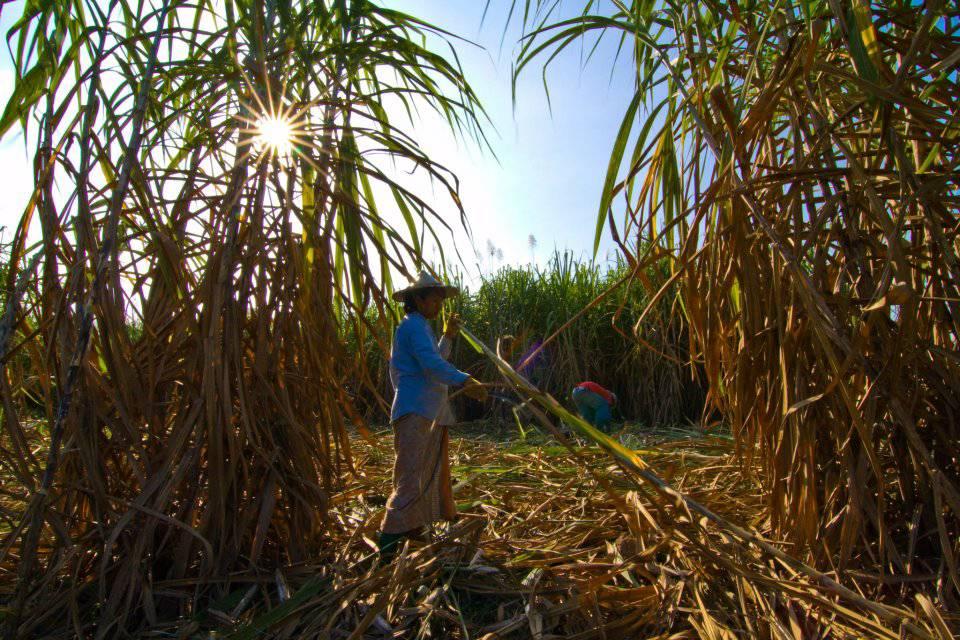
The Thai Sugar Millers Corporation (TSMC) will discuss with the government a plan to better support domestic sugar prices by buying sugarcane at a higher price in order to encourage farmers to grow more.
The plan, which will support fresh sugarcane sales in the 2022-2023 and 2023-2024 crop years, aims to buy the crops from farmers at 1,200 baht a tonne, but the produce must have a commercial cane sugar (CCS) sweetness level of 12.63, said Siriwut Siempakdi, chairman of TSMC.
The plan will not only support sugarcane farming but also urge farmers to harvest fresh sugarcane for sale as harvesting through burning is blamed for causing air pollution, although the latter is an easier method that requires fewer labourers.
Sugar factories normally buy sugarcane at 1,000 baht a tonne, with a CCS sweetness level of between 10 and 11.
"Thai sugar factories want to help local farmers," said Mr Siriwut.
"We will provide the knowledge necessary for sugarcane farmers to develop and increase farming efficiency. This will eventually benefit sugar manufacturing."
TSMC expects a higher purchase price to persuade local farmers to switch from planting other crops to growing more sugarcane, resulting in more sugarcane plantations and output in Thailand.
It expects to increase sales in both domestic and overseas markets after the sugar industry was hit by drought.
TSMC expects sugarcane output in the 2022-23 crop year to reach 90 million tonnes.
It said 57 sugar factories are in the process of crushing sugarcane, and they expect to end the manufacturing in the next few months.
Since December 2021, the factories have received 50.55 million tonnes of sugarcane from farmers, with a CCS sweetness level of 12.31.
Sugarcane output stood at 134.9 million tonnes in the 2017-18 crop year, before plunging to 74.8 million tonnes in the 2019-20 crop year and 66.6 million tonnes in the 2020-21 crop year.







